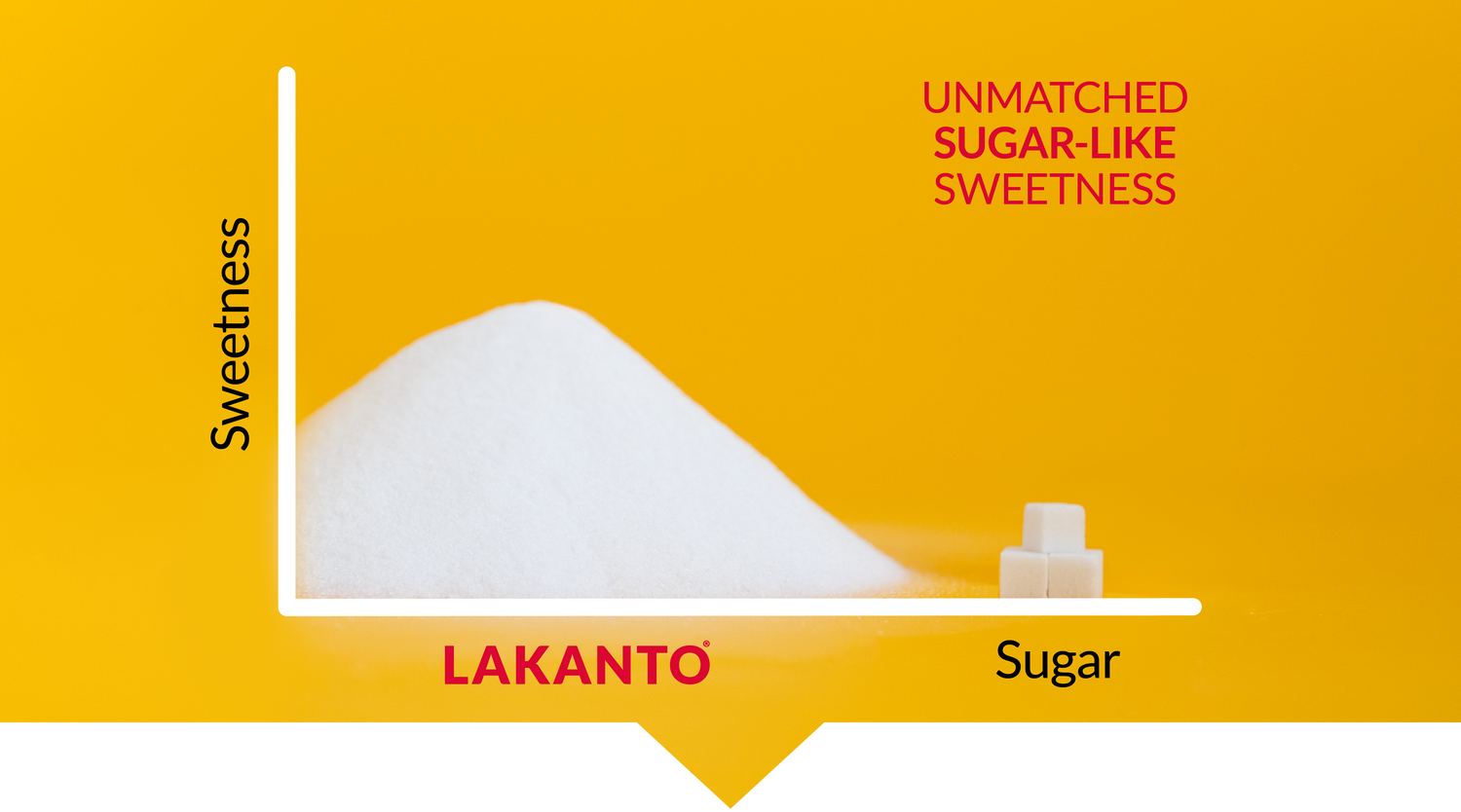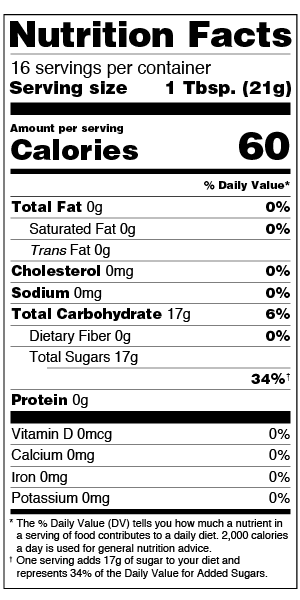WHAT IS ALLULOSE?


Lakanto has long been committed to offering sugar alternatives that cater to diverse tastes, lifestyles and dietary needs, and our Monkfruit Sweetener with Allulose is no exception. The Monkfruit Sweetener with Allulose delivers familiar sweetness and more choice.

What's Allulose?
Allulose is a type of sugar that resembles fructose, which is the sugar that occurs naturally in fruit. Allulose is also known as d-psicose (pronounced 'sea-cose'), d-allulose, or pseudo-fructose. Allulose can mimic some of the qualities of sugar, such as the ability to caramelize and brown. Unlike many synthetic sugar replacements, allulose can easily be found naturally in wheat, figs, raisins, maple syrup, and more.
Allulose vs. Sugar
Allulose is about 70% as sweet as sucrose (table sugar). When blended with the sweetness of Lakanto Monk Fruit, allulose acts as the perfect sugar substitute without the need for excessive calories.



A Molecular Look:
Chemically, allulose is a monosaccharide, which means it's a single sugar molecule. While it shares the same building blocks as fructose and glucose, allulose has its own distinct molecular structure. Allulose belongs to a class of carbohydrates known as "ketohexoses." Its unique structure sets it apart from other sugars, contributing to its exceptional properties.

Functional Benefits
Weight Management Support
One of the appealing aspects of allulose is its potential to support weight management. Its low-calorie content makes it a valuable tool for those looking to reduce calorie intake while still enjoying sweetness.
Dental Health
Allulose doesn’t contribute to tooth decay like common sugars, making it an exponentially better choice for dental health. That is why allulose is sometimes used in products like gum and toothpaste instead of sucrose.
Blood Sugar Management
For individuals concerned about blood sugar levels, Allulose can be a good ally. Its positive effects on blood sugar makes it an sweet option for anyone looking to stabilize their blood sugar and energy levels throughout the day.
Prebiotic Characteristics
Allulose has also demonstrated prebiotic characteristics, which may prove to be another unique benefit contributing to gut health. Preliminary research suggests that allulose may actually encourage the growth of certain beneficial bacteria in the gut.
Safety Studies
You might be wondering about the safety of Allulose. Well, its safety profile has been thoroughly evaluated, and it has been shown to be a safe and healthy alternative to sugar for the general population. The U.S. Food and Drug Administration (FDA) first2 deemed Allulose Generally Recognized as Safe (GRAS) in 2016.

The Zero Calorie Sweetener:
One of Allulose's most remarkable features is its low-calorie content. It contains only about 0.2 to 0.4 calories per gram, compared to the 4 calories per gram found in sugar. None of these calories are digested by our bodies, so that comes out to a net zero for humans. This calorie reduction is significant for those looking to manage their weight.
Navigating Allulose Labels:
Allulose is also known as d-psicose, d-allulose, or pseudo-fructose. On product labels, it is most often listed as allulose or d-allulose.
Listed as a Carb?
Keep in mind that allulose is typically listed as a carbohydrate on nutrition labels in the United States, but its calorie content is lower than traditional sugars, and it isn’t digested by our bodies, so it contributes zero net calories to the overall product.
If you're following a low-carb diet, understanding "net carbs" is crucial. Net carbs represent the total carbohydrates that our body can break down. This means fiber and certain sugar alcohols don’t affect the net carb count of foods. Since allulose isn’t metabolized by the body, it fits into this same category and can be subtracted from the total carb count.
FDA Labeling Update
Because it is absorbed and metabolized differently from other sugars, in 2019 the FDA exempted Allulose from the listing of total and added sugar amounts on the Nutrition and Supplement Facts labels. It still requires listing it as a carbohydrate (as are dietary fiber and sugar alcohols). Although, with 0.4 kcal per gram, Allulose has approximately 1/10 the calories of other carbohydrates, none of which our bodies can digest.
References
- Yuma, T., Tokuda, M., Nishimoto, N., Yokoi, H., & Izumori, K. (2023). "Allulose for the attenuation of postprandial blood glucose levels in healthy humans: A systematic review and meta-analysis." PloS one, 18(4), e0281150. https://doi.org/10.1371/journal.pone.0281150
- Tate & Lyle (2019). "GRAS Notification: Allulose." https://www.fda.gov/media/151854/download#:~:text=The%20enclosed%20document%20provides%20notice,(GRAS)%2C%20based%20on%20scientific



